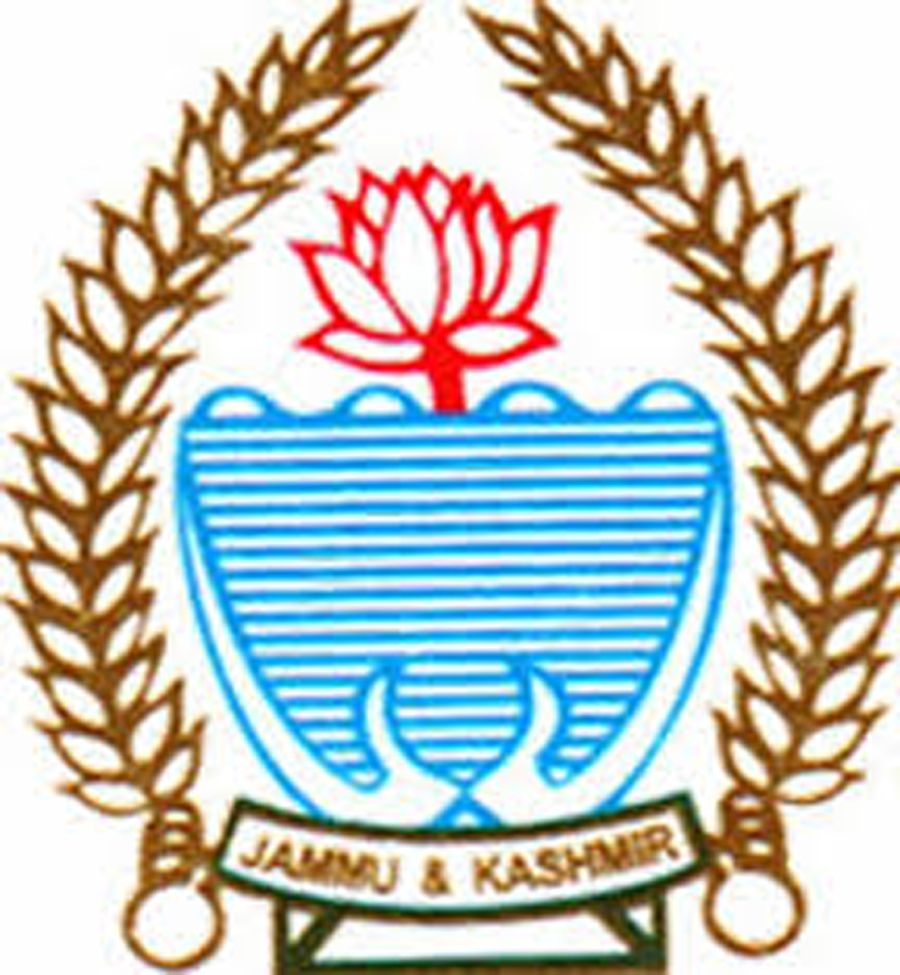Suhail Bhat
Srinagar, Jan 19: Nearly 15000 employees who have been appointed under Government’s new job policy since its inception in 2015, charged Government with adopting a discriminatory approach towards ensuring them a dignified employment.
The employees held multiple protests and rallies against the job policy, commonly known as SRO-202, but authorities seemed to be unmoved. The employees said they have been protesting against the exploitative terms of employment enshrined in the policy. The SRO is against equal pay for equal work and that is catalyzing the sense of discrimination among them.
The recent recommendations of the Law Commission wherein it termed the policy as draconian and anti-youth have given hope to the employees. Besides this, the Law Commission also asked for the reduction of the probation period of 2 years and amendment in Rule 9 and Rule 10 regarding allowances and increments.
SRO-202 was enacted by the order of the Governor of the then State of Jammu and Kashmir on 30th June 2015 in exercise of the powers conferred by the provision of Section 124 of the Jammu and Kashmir constitution. As per this SRO the employees holding substantive posts that are permanent in nature and after having qualified the multi-tier exams conducted by Jammu and Kashmir Public Service Commission (JKPSC) and Jammu and Kashmir Services Selection Board (JKSSB) have minimum pay scale (as per 6th Pay Commission). However, after the implementation of Seventh Pay Commission only basic pay is paid to employees.
The SRO was initiated to reduce the staggering unemployment rate by employing maximum number of employees in limited time period. Under the SRO, the appointments were made within a period of three months from the date of reference. However, the employees said that the average completion of recruitment process takes around 1-1.5 years. “The fast track recruitment is still a utopia, on an average completion of recruitment process takes around 1-1.5 years. As a matter of fact our notification was issued on December 2017 and we were appointed in May 2019,” Gowher Ahmad, an employee said. He added that the extension of recruitment process increases their probation by two more years.
He explained that the extension in the probation, which is two years for a normal Government employee, means that the employee cannot opt for higher education and can be easy target for minor lapses and even made scapegoats.
There is no annual increments in the SRO, an employee serving on the probation of 5 years would have same basic pay even after a period of five years, while the salary of those not covered under the policy continue to swell. “Another problem we face is that the people who have been appointed prior to this policy get double salary despite working on the same positions,” Mohammad Shafi, another employee said, adding that the employees are also not covered with new pension scheme, losing five years of service without any pensioners contribution which would adversely affect the post retirement life.
The employees have not received the benefits of new allowances that were extended to Jammu and Kashmir after the formation of Union Territory including Transport allowance, Child education allowance, and allowance for women with disability and the one time grant for acquiring higher qualification. “Although there is no clause in SRO or detailed notification through which these allowances were notified explicitly barring their imbursement to these employees,” Adil Ahmad, another employee said.
The employees said that despite working on substantive posts borne on the establishment of different Government departments which have been created decades back, they are only getting basic pay component of the salary and are denied all the allowances like DA, HRA, CCA. “We were recruited after multi-tier process by these agencies. We have not been appointed on mercy or through political patronage, our selection and appointed has been on merit,” Muzaffar Ahmad, an employee said.
The biggest issue employees are facing is that they are entitled to annual increments only from the 6th year of the service which is clear contravention to the employment rules. “Denial of the due annual increments will have a detrimental effect on our serve and pension career and will lead to pay anomaly in future”, said an employee.
The employees also lacked transfer policy. They lamented that most of the employees are posted at the remotest places including Tangdar, Gurez, Karna and Ladakh and few others at New Delhi. “Logically they should be given incentives but unfortunately have been denied even usual allowances by the policy makers. They cannot even be transferred from these places,” an employee said.
Trending Now
E-Paper


